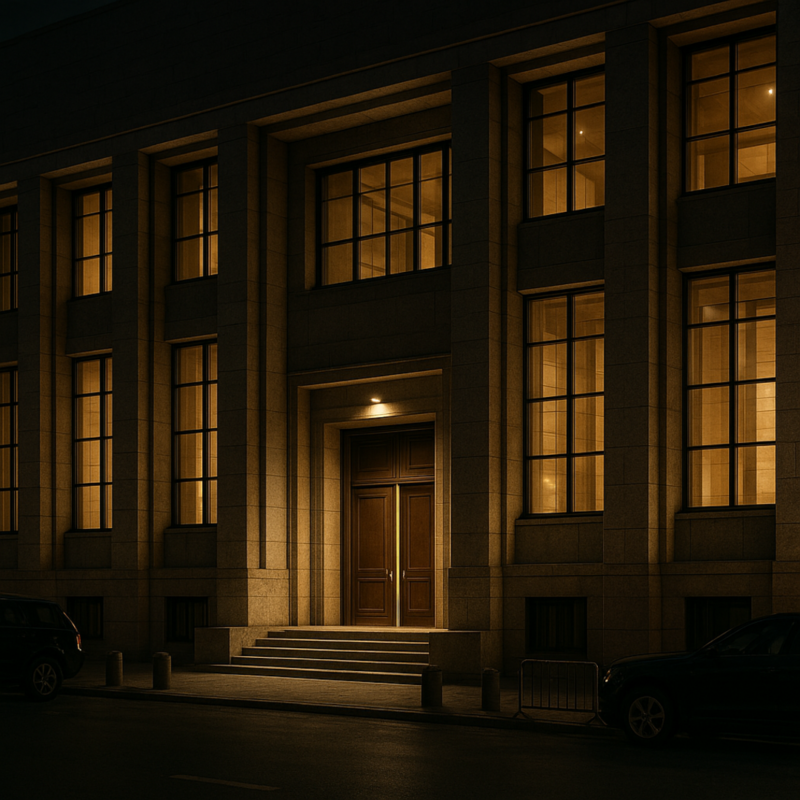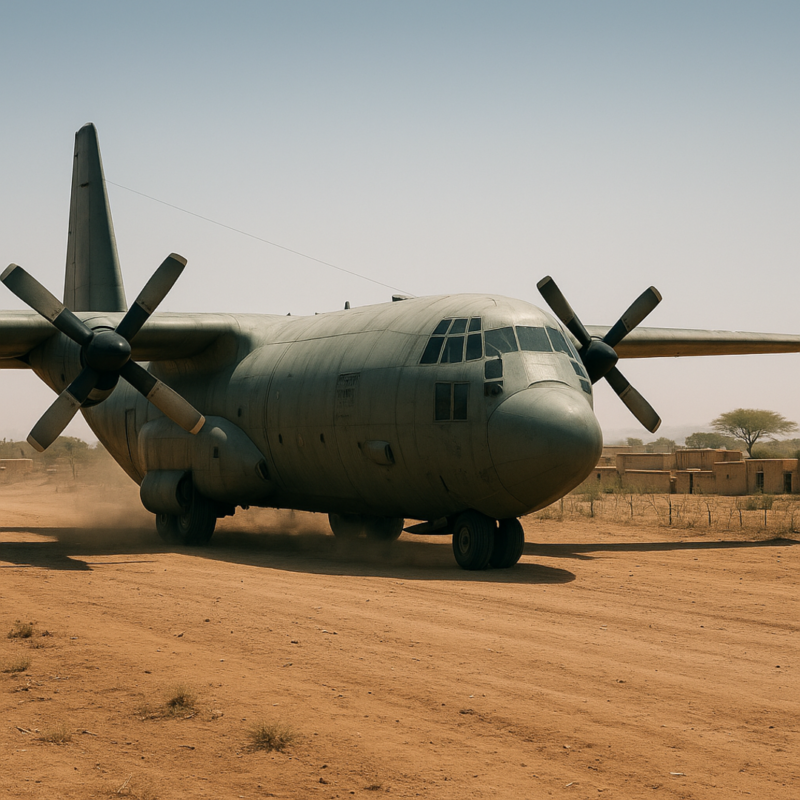Mogadishu, Somalia – A heated debate has erupted in Somalia’s parliament after two lawmakers took opposing positions on the recent arrests of journalists by the federal government, highlighting the country’s deepening tensions over press freedom.
MP Abdirizak Omar Mohamed defended the government’s decision, insisting that no state is above detaining media workers if they cross legal lines. He pointed to examples in the United Kingdom and the United States, arguing that arrests of journalists occur even in established democracies.
“It is wrong to single out Somalia for what is a universal practice,” he said during a parliamentary session, his remarks echoing through the chamber at a time when the role of the press is already under intense scrutiny.
But his comments quickly drew a sharp rebuttal from fellow lawmaker Sadiq Abdi. Speaking with visible frustration, he said equating Somalia with Western democracies was “deeply misleading,” adding that the comparison ignores the country’s fragile institutions.
“Unlike the UK or the US, Somalia lacks both judicial independence and a functioning system that can guarantee journalists a fair process. What we have is an environment where press freedom is already under siege,” he warned.
The clash comes amid rising anxiety within Somalia’s media community. The arrest of the two journalists has reignited longstanding concerns that authorities use security justifications to muzzle dissenting voices. Reporters, often working in dangerous conditions, say they face harassment, intimidation, and arbitrary detention, with few avenues for legal protection.
Observers note that Somalia has made significant progress in rebuilding its governance structures, yet freedom of expression remains one of the most fragile pillars of its democracy. For many journalists, the current dispute in parliament is less about the fate of two individuals and more about whether Somalia’s leaders are willing to safeguard the press as a cornerstone of democratic life.
As the chamber quieted after the fiery exchange, no clear consensus emerged. What did remain, however, was a growing sense that Somalia is at a crossroads—between a future where the media can hold power to account, and a past where critical voices are silenced in the name of security. The debate between the two MPs captured that dilemma in stark, human terms.




